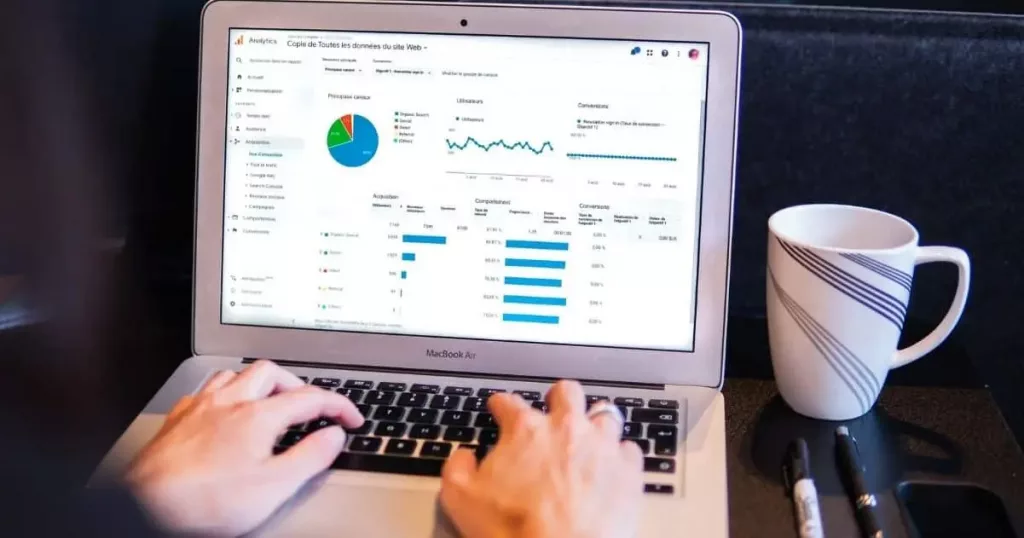Running an online business is not easy. You need to make many critical decisions about your products, customer experience, marketing, and advertising. eCommerce analytics can make this job a lot easier and inform most of the decisions you make as a business owner. For this reason, we’re going to take a deep dive into why eCommerce Analytics is so important, and which tools we recommend you should use.
What is eCommerce Analytics?
eCommerce analytics, put simply, is the collection and analysis of data points that relate to your sales and performance online. When analyzed correctly over time, the data you collate can help you understand your consumers’ behaviour. Plus, it can help you build a customized marketing strategy around them.
The data collected covers everything from the moment a new customer comes across your website to the products they look at, add to their cart and even make a purchase. You get information on the entire customer experience to understand their needs and wants. This makes eCommerce analytics crucial to running a successful online business.
Best Analytics Tools
Your eCommerce Platform
Most eCommerce platforms have built-in analytics tools, meaning you have everything you need in one place. Shopify and BigCommerce are great examples of this. They usually collect data from the moment you activate your store giving you access to crucial customer information.
Google Analytics
You’ve probably heard of Google Analytics, as it is one of the most-used analytics services on the web. Best of all, it costs nothing. This platform gives you plenty of data needed to optimize your marketing campaigns. You can get insights into where your users come from, whether through PPC, link clicks, social media, or organic searches. You can also get an insight into your cost per lead (CPL).
Google Enhanced eCommerce
Google’s enhanced plugin offers information from your customers’ entire customer journey, not just website data. Using Google Enhanced eCommerce, you get a better picture of how and when your visitors actually convert to customers. As a result, it gives you valuable information and data you can utilize in your marketing strategies.
How to Choose Your Software
Choosing the right software for your eCommerce analytics can be overwhelming with so many options. There are a few things you should consider first:
Firstly, you need to define your business goals. Determine what you want to achieve and how you will do this, and what metrics you need to focus on to do so. Some examples of the metrics you can look at include funnel performance, the customer journey, and your customer behaviour.
You should also carefully read reviews. Do your research. Have a look at what is currently on the market. Reading trusted reviews can make your decision a lot easier.
Finally, you should take advantage of trial runs. This allows you to test the software before purchasing, and you’ll be able to see if it offers everything you need before investing.
In short, this is a brief recap of everything you need to know about eCommerce analytics. And specifically, why your business should be using them to optimize success. If you need a reliable and affordable same-day delivery partner in GTA and Vancouver, try FlashBox. Get started today.





